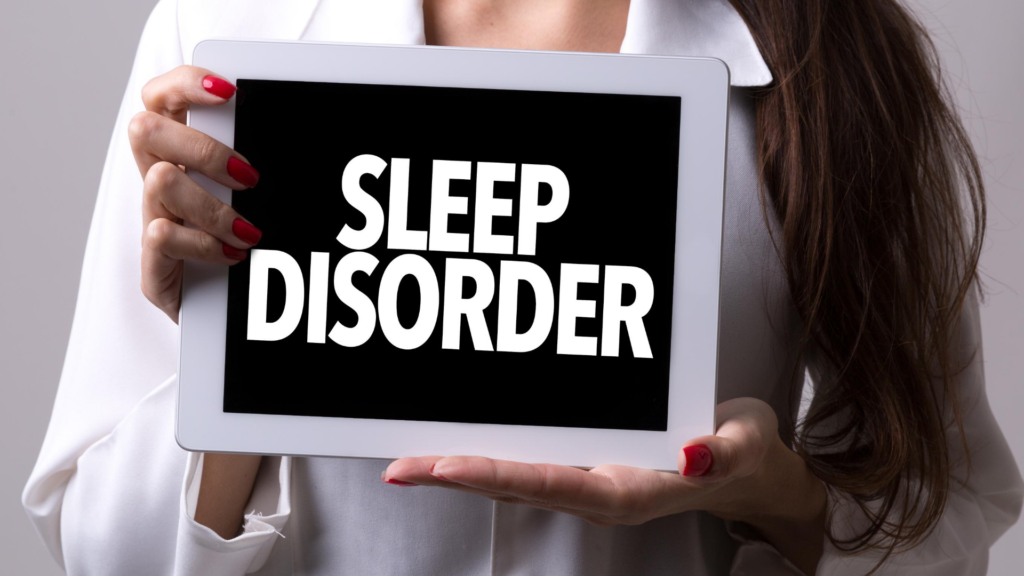The American Academy of Sleep Medicine recommends seven or more hours of daily sleep for the average adult. However, approximately one-third of adults are unable to get this each night. According to the American Sleep Association (ASA), sleep disorders affect over 70 million Americans. The lack of a good night sleep affects our mood, productivity, overall health. It can also affect other people. The ASA reports up to 40,000 motor vehicle accidents and over 1500 deaths each year due to sleep deprivation. Understanding sleep disorders allows you to get the help from physicians and other specialists. Your dentist is an excellent resource to help you deal with certain sleep disorders.
Most common sleep disorders
There are over 70 sleeping disorders! The two most common sleep disorders are insomnia and sleep apnea.

Insomnia
Insomnia is a condition where you have trouble going to sleep or staying asleep. Short-term insomnia may be due to stress or irregular sleeping habits such as those due to jet lag. Chronic insomnia occurs when the poor sleep condition persists for over 1 month. The direct result of insomnia is that you feel constant fatigue during the day and cannot get a good night sleep to recover. Some treatment options include cognitive behavior therapy, hypnosis, relaxation techniques and lifestyle changes. It is important to consult your physician for treatment, because he or she may be able to prescribe you specific medications based on your needs.
Sleep Apnea
Sleep apnea, or obstructive sleep apnea is a very serious condition where your airway gets blocked during sleep and you stop breathing. This inhibits the flow of oxygen to you body and brain, and causes a reflex response to reopen your airway and interrupts your sleep. When this happens, it can cause you snore loudly or make gagging sounds. In mild cases this may happen 1-2 times per night. However, in severe cases, this has been measured to occur hundreds of times a night. If you suspect you or someone you know has sleep apnea, it is important to consult a physician or dentist for further evaluation.
If you believe that you may have a sleep disorder, it is important to consult a physician to discuss and understand your options. For example, if you have insomnia, your physician may be able to prescribe medicine or refer you to a sleep therapist. Similarly, if you have sleep apnea, your physician may refer you to a dentist who can make a special breathing apparatus for you.
How Dentists can Help
Some common signs of sleep apnea:
- Loud snoring
- Waking up at night with a dry mouth or sore throat
- Waking up at night choking or gasping for air
- Constant fatigue during the day
- Lack of energy and headaches
Fortunately, there is a very effective treatment for sleep apnea called CPAP (continuous positive airway pressure) therapy. The CPAP machine provides mild air pressure that flows through a mask that fit to your mouth or nose. A qualified dentist can design a custom-fitted mask that can reduce your airway blockage and improve airflow while you sleep. There are alternative options to the CPAP which your dentist can also make for you. Additional options to CPAP therapy include oral appliances or alternative dental devices, surgery, sleep positional therapy, and weight management programs.

Conclusion
Sleep disorders remain a major concern, and a lot of research is going towards more conservative treatment. If you feel that you or someone you know has sleep problems, it is important to recognize the symptoms and seek professional help. Contact a sleep physician for a diagnosis, and talk to your dentist about different ways to getting a better night sleep.
For more information, visit the American Academy of Sleep Medicine, and download the sleep clinic guidelines.

Comments are closed